More often than not, movies in and of themselves are representative of the time in which they were made. For instance, if Halloween or Friday the 13th weren't made specifically in the late '70s, they wouldn't have the very specific impact they hold to this day. The same goes for Star Wars or Raiders of the Lost Ark.
Then there are the films with a lot on their minds, possessing narratives that serve as an indictment against some specific societal slight against the innocent. Hollywood can be good for conveying a message on the macro-scale, and as time has progressed these intelligent films have become more and more insightful. Believe it or not, that wasn't always the case. In other words, films that comment on society in what is absolutely the wrong way, e.g. The Birth of a Nation, needed not apply.
10 The Grapes of Wrath (1940) and Poverty
To be in contention for "John Ford's Best Film" is no small feat, but his John Steinbeck adaptation The Grapes of Wrath is as worthy of the title as The Man Who Shot Liberty Valance, Stagecoach, and How Green Was My Valley. Like Steinbeck's novel, the film follows the Joads, who go from sharecroppers to migrant workers to survive the Great Depression.
The Grapes of Wrath is unfortunately quite prescient, showing how people scrape by when something the caliber of an economic depression rolls around. In a time when talks about the debt ceiling nearly fell through, The Grapes of Wrath might as well have been made now instead of just one year after the close of the 1930s' turmoil.
9 Gaslight (1944) and Gaslighting
Gaslight, starring Ingrid Bergman, Citizen Kane's Joseph Cotten, and Angela Lansbury (in her film debut), seems like an unbelievably prescient title for a 1940s film given its wide usage in the 2010s and 2020s. The film was adapted from the 1938 play Gas Light, though the movie is widely given credit for popularizing the term.
The film follows Bergman's Paula Alquist, who marries Charles Boyer's Gregory Anton after a brief, passionate fling. Furthermore, Alquist's aunt was murdered a decade prior, and her new husband's insistence on them moving into her now-abandoned home initially reads as practicality. But he also becomes obsessed with the home and its sordid history, and in time Alquist realizes he may know more about it, and her aunt, than he's letting on. Not to mention, items keep going missing, like a brooch Alquist knew was in her purse and, oddly enough, every time she's alone in the house, the gaslights are just a shred dimmer.
8 Play Misty for Me (1971) and Obsessive Behavior
Naturally, there were movies about obsessive behavior before Play Misty for Me, such as Alfred Hitchcock's Psycho. But, there's something about the way Jessica Walter's Evelyn Draper gradually turns up the heat on Clint Eastwood's Dave Garver that makes the film feel prescient, especially given the first anti-stalking law wasn't passed until 1990 (according to the United States Department of Justice).
The later Fatal Attraction, starring Michael Douglas and Glenn Close, was the more financially successful version of Play Misty for Me, and it's brought up more in discussion, but there are a few reasons Eastwood's classic (the first film he directed) is notable in its own right. For one, Walter's performance is every bit as proficient and formidable as Close's, and it's astonishing that the same performer would later go one to provide hysterical work in both Archer and Arrested Development. It's also just as frightening, if not more so, and stands as a testament as to why a one-night stand may not particularly be the way to go this Saturday.
7 One Flew Over the Cuckoo's Nest (1975) and the Lack of Mental Health Awareness in America
Miloš Forman's classic adaptation of Ken Kesey's One Flew Over the Cuckoo's Nest is populated by masterful performances from Jack Nicholson, Child's Play's Brad Dourif, Christopher Lloyd, and Danny DeVito, and especially the late Louise Fletcher. Of course, Forman's film didn't say anything that Ken Kesey's 1962 novel hadn't already brought to the table, but it's gone on to arguably be the more noted and appreciated of the two.
Jack Nicholson is perfect as Randle McMurphy, a man who feigns mental illness to escape hard labor after he's charged with statutory rape. McMurphy is a charming but unguided individual, and while he's not quite like the vast majority of the audience members, he's a more than suitable entryway into the Oregon hospital's systemic dysfunction. And, speaking of entryway characters, there's no more detestable a villain than Fletcher's Nurse Ratched, who impeccably represents the dispassionate nature of the medical industry back in the day (and, unfortunately, even still).
6 Taxi Driver (1976) and PTSD
Featuring one of the most iconic improvised moments in movie history, Martin Scorsese's Taxi Driver is nothing short of a consistent series of gut punches. Robert De Niro's Vietnam veteran Travis Bickle is a deeply disturbed man, and yet some of his commentary on the film's degraded society isn't inaccurate, it's just harshly delivered.
The thing is, ideologies like Bickle's fester if left untended, and before long thoughts will become speech, speech becomes action. So, like Todd Phillips' ridiculously overrated and problematic Joker (Which also featured De Niro), Taxi Driver is a slight against the United States' apparent ambivalence towards diagnosing mental health conditions and getting the respective individual the proper care they need.
5 Trading Places (1983) and Perception of Class
John Landis' Trading Places was one of the 1980s' smartest comedy movies, and while it wasn't the first movie to point a lens at the unbalanced class system in the United States, it was the most R-rated (for the time) commentary available. But it couldn't be made now, given its crass analysis of race relations and a particularly problematic third-act usage of Blackface.
Yet satire, even if it's of the crass variety, uses its humor to point a pretty serious finger at real world events. Comedy just makes a look at day-to-day inadequacies more palatable, and Trading Places is one of the definitive examples of smartly picking apart society's lack of true equality.
4 Mr. Mom (1983) and the Unnecessary Nature of Stereotypical Gender Roles
If a movie like Mr. Mom were to be made now, it would need significant tweaking. It would also need enhancing to even be a movie. Why? Because, at this point, everything the movie finds outlandish is rightfully seen as just kind of...life (though, of course, it's also peppered with mostly-effective gross-out and frustration-based comedic bits).
Just as it always should have been, stay at home fathers are commonplace now. Mr. Mom, in a way, saw that trend incoming. The film was a major box office success at the box office in 1983, netting an impressive $64 million against a price tag of just $5 million.
3 Fatal Attraction (1987) and Obsessive Behavior
A great movie based on a short film, Adrien Lyne's Fatal Attraction is one of the 1980s' definitive zeitgeist-capturing films. And it's easy to see why, even if one were looking solely at casting.
By this point in time, audiences at large knows that Glenn Close can play just about any character. But the way she imbues Alex Forrest with a subtle humanity is never anything short of compelling. Her performance makes Forrest seem like a flesh-and-blood human being (until the film's regrettable re-shot climax), and there are intricacies to her behavior that have since been covered more frequently on the nightly news' roundup of the day's travesties.
2 Less Than Zero (1987) and Addiction
While not quite one of the best Iron Man-free Robert Downey Jr. movies, Less Than Zero is an incredible showcase for his range, even if a lot of it hits close to home to where the actor was at the time. But, as an adaptation of the brilliant Bret Easton Ellis' novel, it's only serviceable.
The author himself strongly disliked the movie (at least at first), and it's easy to see why. A lot of the casting is off (Jami Gertz is a talented performer, but she just wasn't Blair, and Andrew McCarthy is way off in the lead) and it seems to be attempting to reach a wide audience more often than not. But, really, it was never going to be a widely-appealing film, regardless of its star-studded cast.
1 No Escape (1994) and the Privatization of the Prison System
The late Ray Liotta-led No Escape failed to find an audience at the time and has continued to do so in the ensuing years. Which is a shame, because it's a well-made and ambitious film fueled by terrific performances.
It's essentially a future prison movie, not unlike Alien³, and even contains much of that underrated film's grimy visual aesthetic. Well, not exactly future at this point, since the film takes place in 2022 when, shockingly enough, the penal system is a for-profit enterprise headed by corporations. How unfortunately prescient.
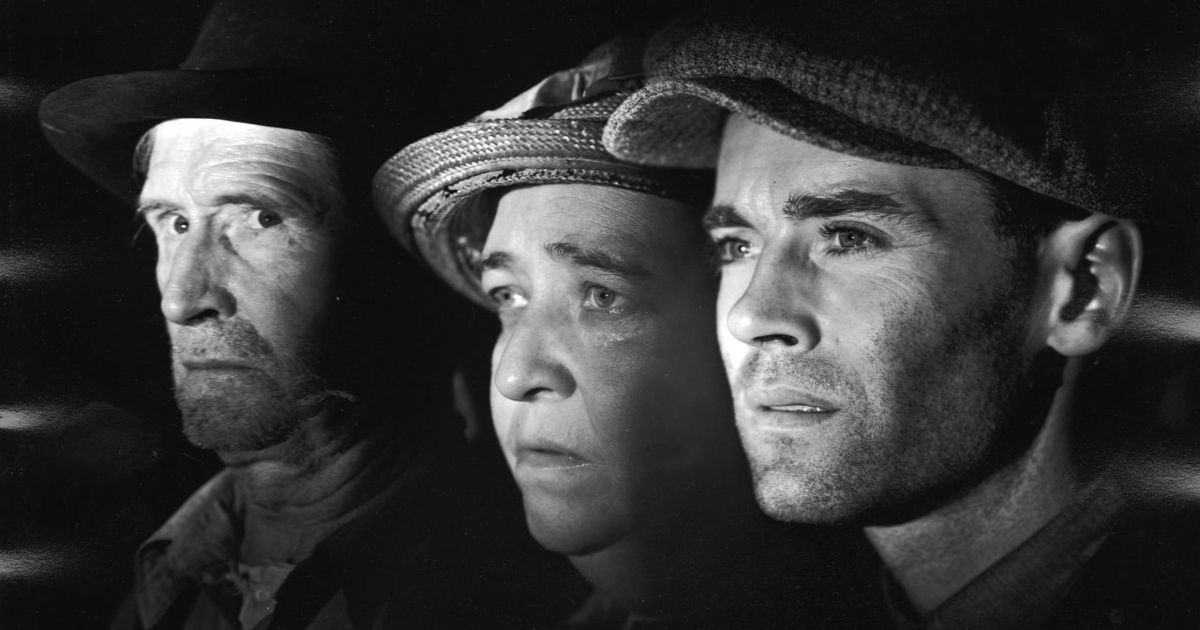
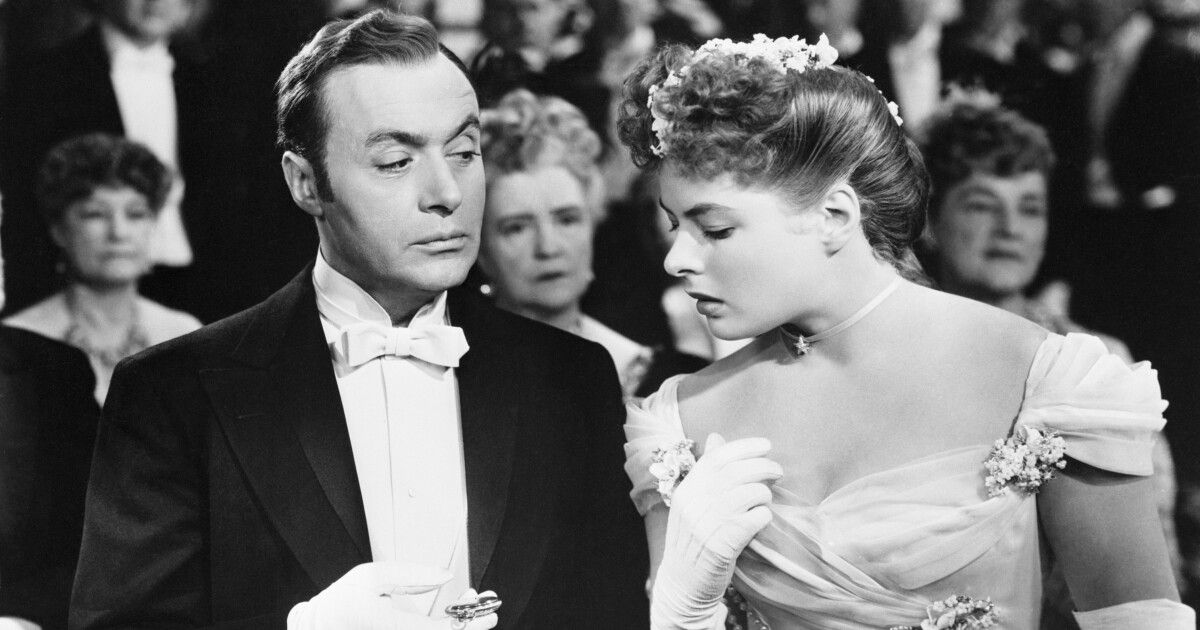

.jpg)
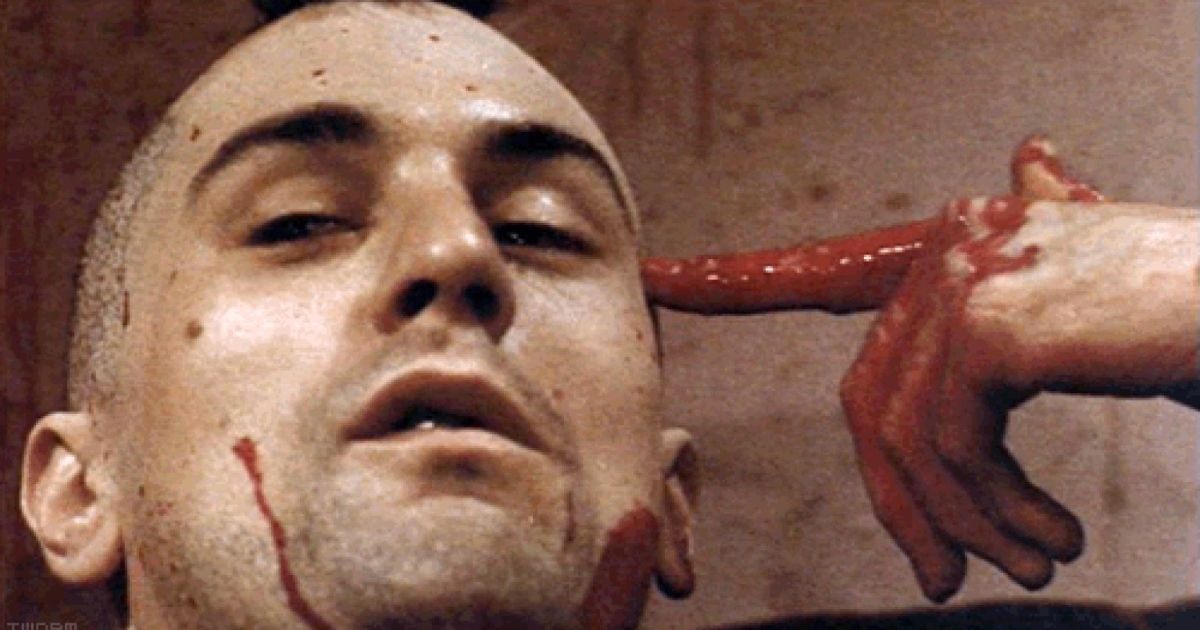

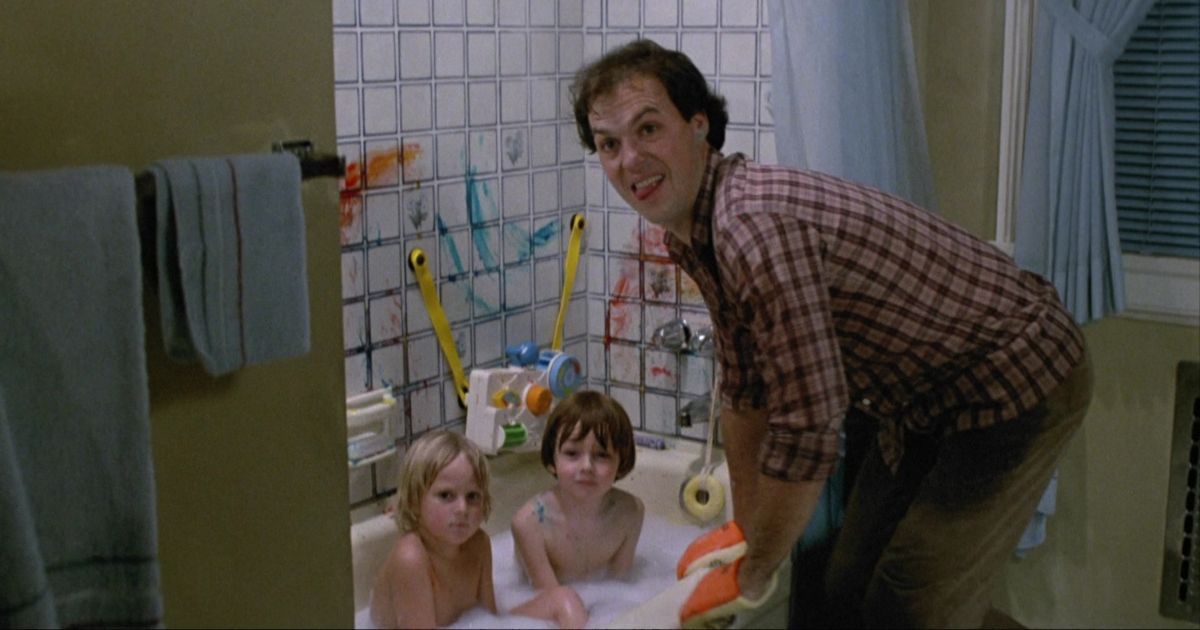
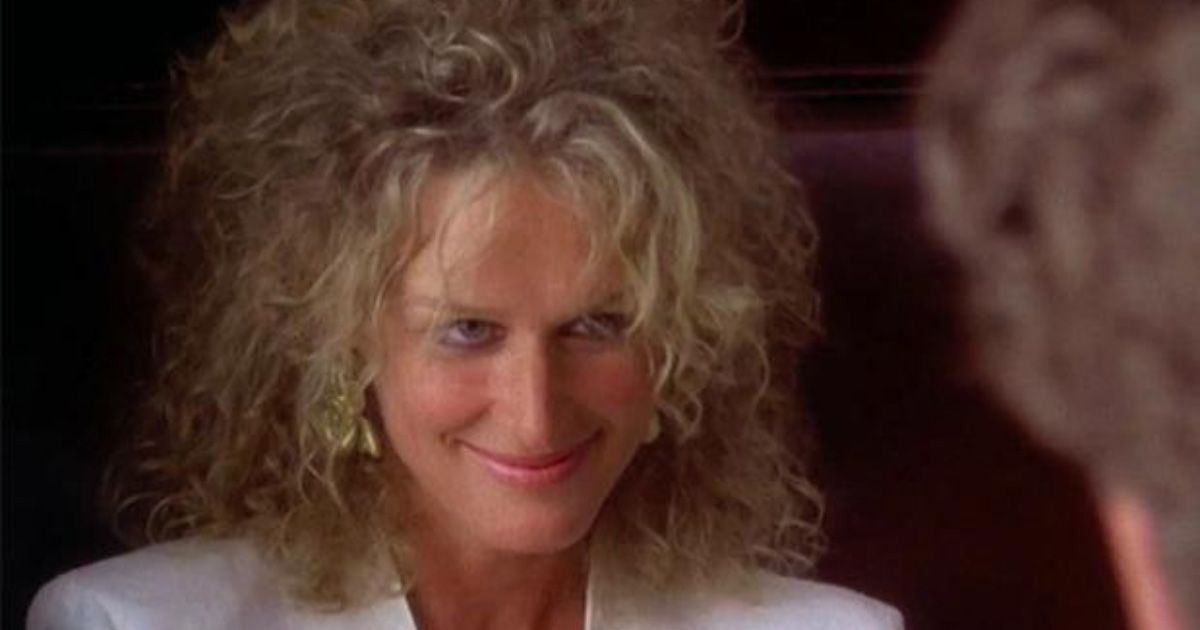
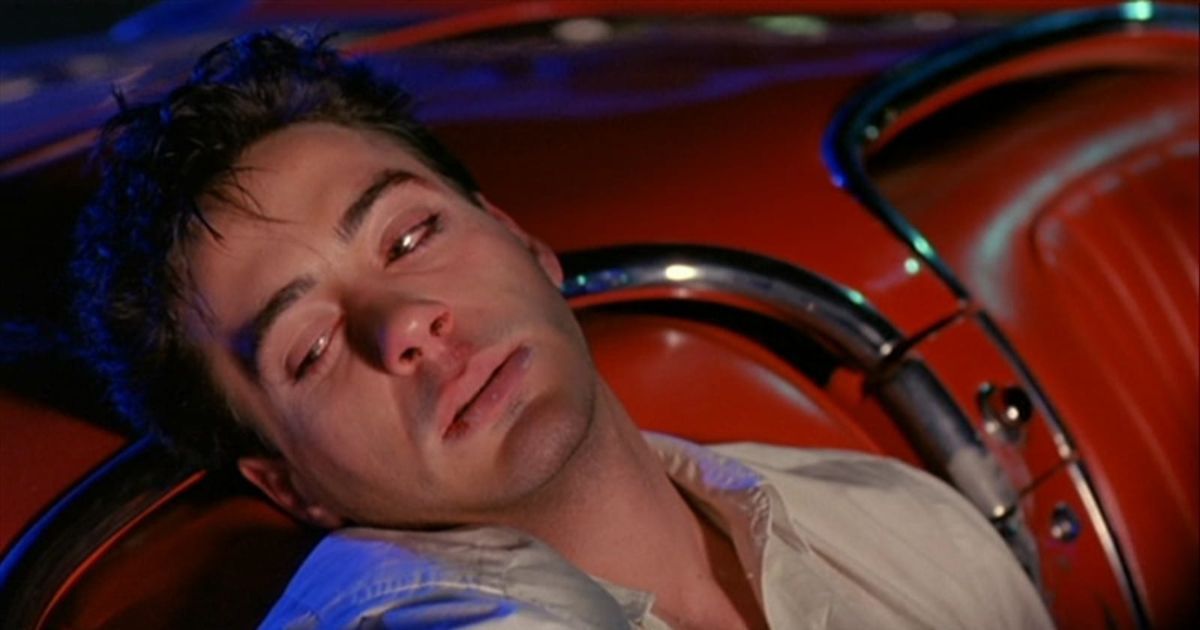

Comments
Post a Comment